Hunting in the U.S. is not just a recreational activity; it’s a tradition and a way of life for many. Participating in this type of activity can be a unique experience, but can a foreigner hunt in US? How to do so?
If you are looking for an answer, here’s a comprehensive guide on how non-US citizens and international students can buy a hunting license and go hunting in the US.
Can a Foreigner Hunt In US?
Yes. In some states, if you are a non-U.S. citizen or a student on a non-immigrant visa (like an F1 visa), you can still participate in hunting activity as long as you meet the requirements to get a valid hunting license.
For instance, here is a statement from the Montana government: ‘‘If you are a nonresident college student currently carrying 12 credits or more at a Montana college or university, you can purchase licenses to fish and hunt certain species at a reduced cost.’’
There are some legal requirements for foreign hunters, let’s check them out.
What Should You Know Before Hunting?
Before planning your hunting trip in the US, there are several things you need to know to ensure a safe and legal hunt.
How To Purchase a Hunting License?
A hunting license is a legal requirement for anyone looking to hunt in the U.S.
Each state has its own licensing requirements, which means that what applies in one state might not in another, so it’s crucial to research the state where you plan to hunt.
The most important things you need to do to get a license are:
- Complete a Hunter Education Course: All states require this before issuing a license. These hunter-education programs may be available online or in person. After finishing the courses, you will also need to pass an exam to get the certificate.
- Apply for the License: You can often do this online or in person. Be ready to provide identification, such as your passport and student visa.
- Pay the Fees: Fees can vary widely, so check the specific costs for your state.
The costs for a hunting license can differ based on your residency status and the type of game you wish to hunt. Additionally, some states may charge extra for tags or permits.
It is worth noting that not everyone gets the chance to buy a hunting license for big games. In some states, the license will be granted to hunters by a random drawing system. You may need to be the lucky one to get a license.
How to Select Your Firearms for Hunting?
With your hunting license, you can buy a firearm at any sporting goods store. Gun purchases require a background check, remember to prepare proofs like your passport, visa, driver’s license, proof of residence, and your hunting license.
Based on the game animals you want to hunt, there are things you need to know to help you make an informed decision:
- Air Guns: Suitable for small game and target practice. No hunting license is needed to purchase air guns.
- Handguns: Handy for personal protection but not commonly used for hunting due to lower accuracy. But, you may carry them for protection against wild animals.
- Shotguns: Ideal for hunting small game like rabbits and birds. They come in different gauges. In some states, there are restrictions on the size of ammo that you can use.
- Rifles: Best for long-range shooting, suitable for larger games like deer and el,k and offer high accuracy. Common types include bolt-action and lever-action rifles.
- Bows: If you are a skilled hunter, you can choose bow hunting for any animal. If you’re a beginner, consider starting with a firearm that is easy to handle and learn. Shotguns and .22 rifles are often recommended for new hunters.
Always check local laws regarding the legal calibers and types of firearms allowed for specific games. Some states have restrictions on the use of certain firearms.
As a foreigner, you may find it harder to buy a firearm, You can always borrow one from an outfitter or specific store.
Safety and Regulations Consideration
Safety is the most important rule for the activity that involves firearms. Always remember to:
- Point the gun pointed in a safe direction.
- Check if the gun is loaded before use.
- Ensure your shooting area is safe and clear of people.
- Wear the required hunter orange garment in the field.
While hunting, remember to bring all your hunting licenses, tags, or permits, writing permission from the land owner(if you hunt on private lands), and gun permits required in your state.
You can’t just go hunting any time you want. Each state has its own specific schedules of hunting season dates and hours for different game species. You can only go for a hunt at the designated time.
To make your calendar, please check out another post: US Hunting Season Schedules For 50 States.
It is important to always adhere to hunting regulations, including licensing requirements, bag limits, and designated hunting seasons. This ensures you are hunting responsibly and ethically.
All this detailed information can be found on the State Wildlife official website. Or, you can directly reach out to the state agency if you have questions about eligibility.
How To Plan Your Hunting Trip?
Whether you are a beginner or an experienced hunter, you will need a well-considered plan for your hunting trip.
You may need to consider what you want to hunt and where. Which state has the biggest success rate? Should you go for DIY hunting or hire a guided service to arrange everything for you?
Here we will give you a few tips on how you should plan your hunting adventures.
Choosing the Game and Location
When planning your hunting trip, think about what type of game you want to hunt. The requirements for each game species are different.
Popular choices for beginners include deer, elk, and turkey. Moreover, there are some species you can easily hunt year-round without having a permit, such as coyotes and jackrabbits.
Research the best states for hunting these species, as some areas are known for better opportunities than others.
For the locations, you can choose to hunt on public lands or private lands. Public lands often come with more restrictions, so it is necessary to know the rules for the area where you plan to hunt. Private land may have different regulations, and you should always obtain permission from the landowner first before hunting.
Hunting Equipment and Gear
When you go hunting, having the right equipment is crucial. Common essentials include:
- Firearms or bows
- Ammunition
- Camouflage clothing
- Binoculars
- Hunting boots
- Field dressing kits
- First aid kit
In the U.S., you can either rent equipment from local shops or purchase it. Many outdoor stores offer rental services, which can be a budget-friendly option for new hunters.
If you plan to buy your own hunting accessories, try to find those deals online. You can always find the best deals that are offered by many brands. Try the online store such as Cabela’s.
Budgets on a Guide or Outfitter
If you’re unfamiliar with the area or hunting regulations, hiring a local guide or outfitter can be a great help. Hunting with an outfitter is expensive but might be the best way to ensure you have a great experience with someone who knows the area and local laws well.
Benefits of hiring a guide:
- In-depth knowledge of local wildlife and habitat
- Assistance with legal requirements
- Enhanced safety and support during your hunt
- Plan everything for you from gear, food and transportation, etc.
When choosing a reliable guide, you should look for guides with good reviews, proper licensing, and experience with the specific game you want to hunt. Don’t hesitate to ask for references.
Keep in mind that hiring a guide can increase your overall expenses, so it all depends on your own budget – it may cost several thousand dollars. Consider the cost of the guide, any additional permits, and travel expenses when planning your trip.
After-Hunt Processes
After you successfully kill an animal, many states require hunters to tag their game immediately after harvest. This process helps wildlife agencies manage populations and ensure sustainable hunting practices. Be sure to check the specific tagging requirements for your state.
For field dressing, there are laws about whether you can handle the carcass in the field, what part of the meat you can take, and how to handle the remaining waste. If you are not a professional in the butchering, you can take it to a meat processor. Remember to always clean up yourself and minimize the impact on the environment.
Common Hunting Techniques For Beginners
Successful hunting requires patience and skill. To enhance your success, you can:
- Take Your Time to Aim: Hunting often requires long periods of waiting so you need to be patient and steady. The right moment to shoot can be fleeting. Always be prepared to shoot when tracking your prey.
- Watch Your Step: Be cautious of your surroundings to avoid hazards like snakes and traps. You can utilize a hunting blind to safely stay hidden on the ground and focus on your hunt.
- Be Prepared for the Unexpected: Carry essential gear like trash bags, a lighter, and a sharp hunting knife.
- Maintain Your Equipment: Keep your firearms and bows in good condition to ensure safety and effectiveness.
- Scout Your Location: Before your hunting trip, spend time scouting the area. Look for signs of wildlife such as tracks, droppings, and feeding areas, and mark the location for a good hunting spot.
- Understand Animal Behavior: Learn about the habits and behaviors of the game you are hunting. Knowing when they are most active and their preferred feeding locations can help you plan your hunt more effectively.
- Use Scent Control: Animals have a keen sense of smell. Use scent-eliminating sprays, wash your clothes with scent-free detergent, and store gear in scent-free bags to minimize your scent in the field.
- Hunt During the Right Time: Early morning and late afternoon are often the best times to hunt, as many animals are more active during these periods. Plan your hunts around these times for better chances of success.
- Stay Hydrated and Energized: Bring enough water and snacks to keep your energy up during your hunt. Staying hydrated and nourished helps maintain your focus and stamina throughout the day. If you hunt in cold weather, remember to check out: 12 Effective Ways to Keep Your Feet Warm While Hunting.
Conclusion
For non-US residents and international students, hunting in the U.S. can be an exciting but tricky experience. By understanding the laws, obtaining the necessary licenses, and practicing safety, you can fully enjoy this traditional American pastime. Stay tuned with us and stay informed about local regulations to ensure a safe and legal hunting experience.
Welcome to share your hunting experience with us in the comments!


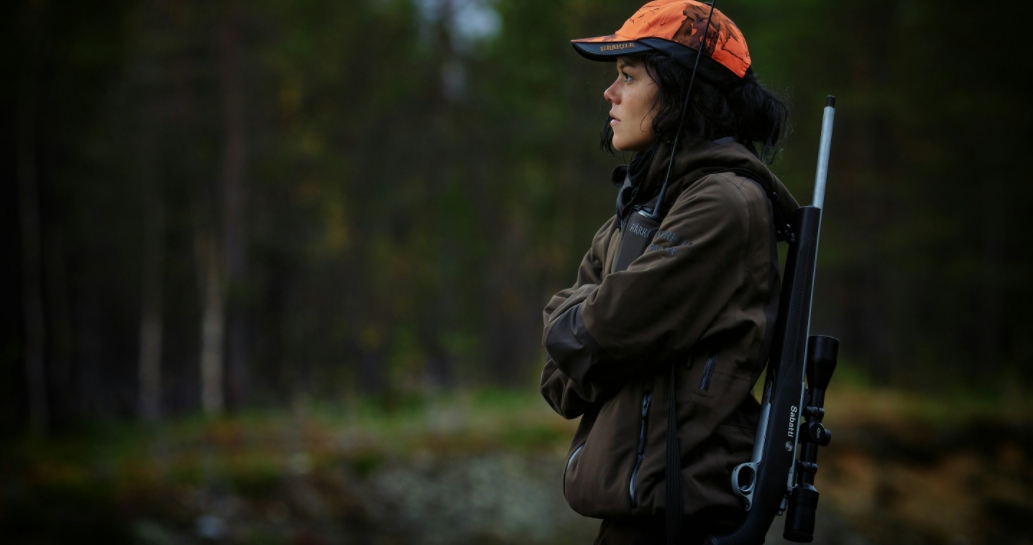
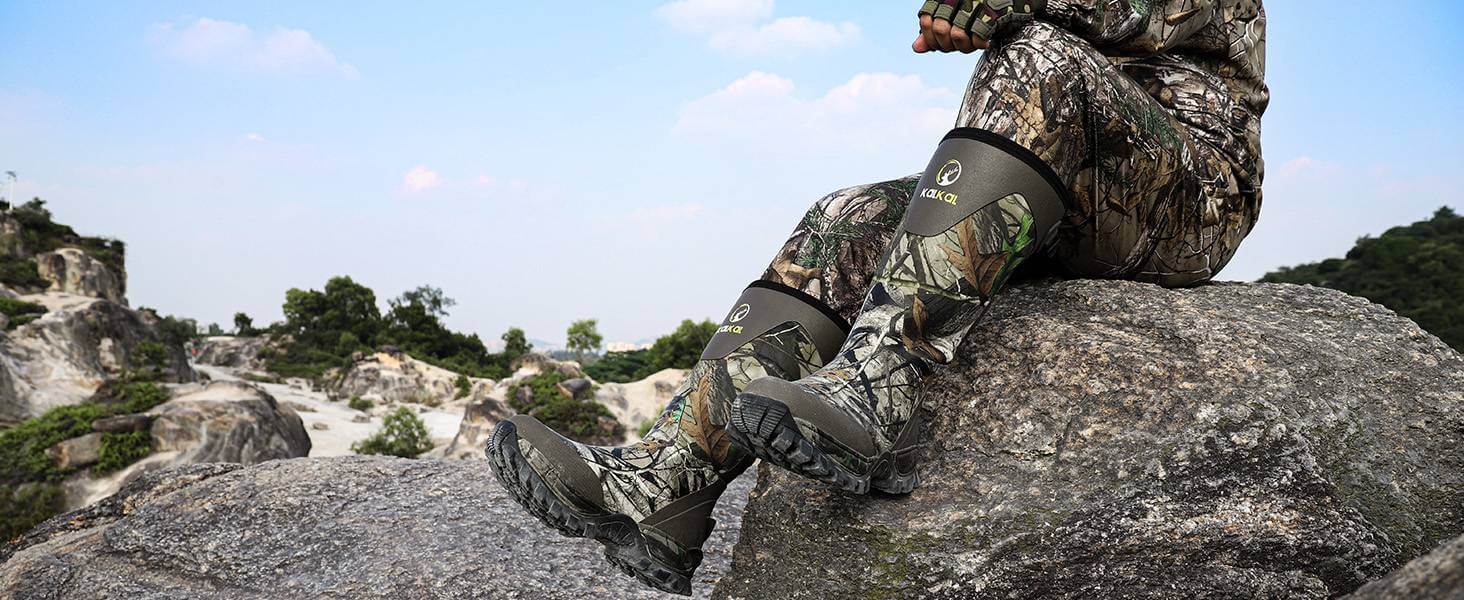
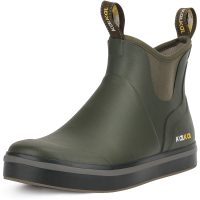

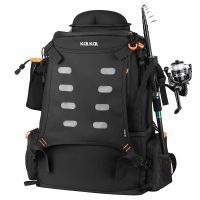
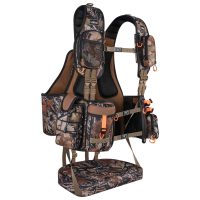
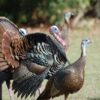
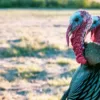
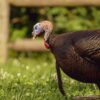


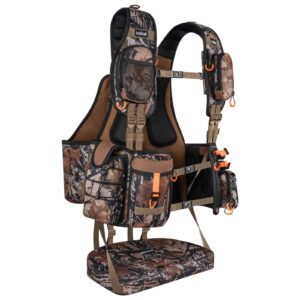
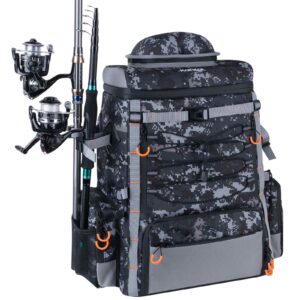
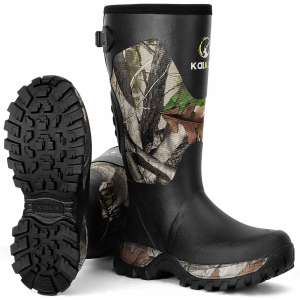
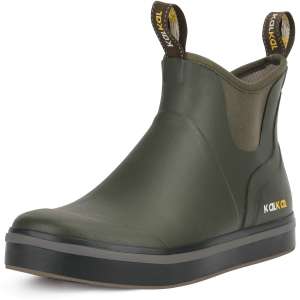
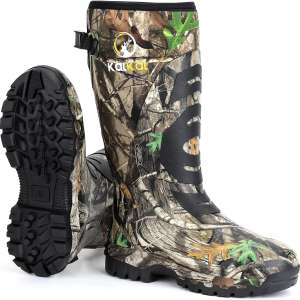



Leave a reply